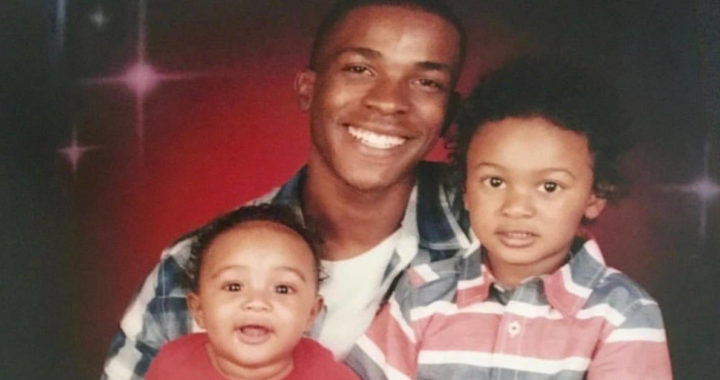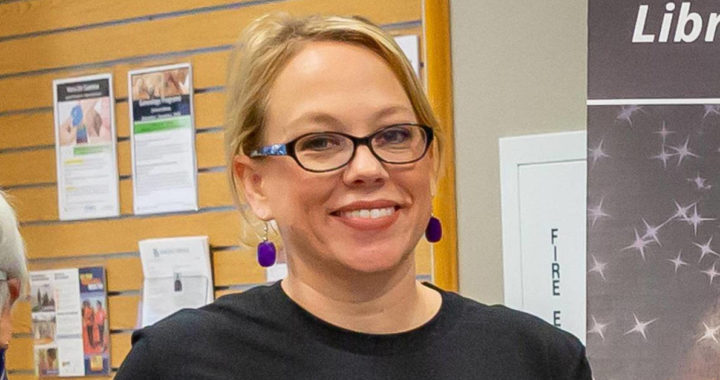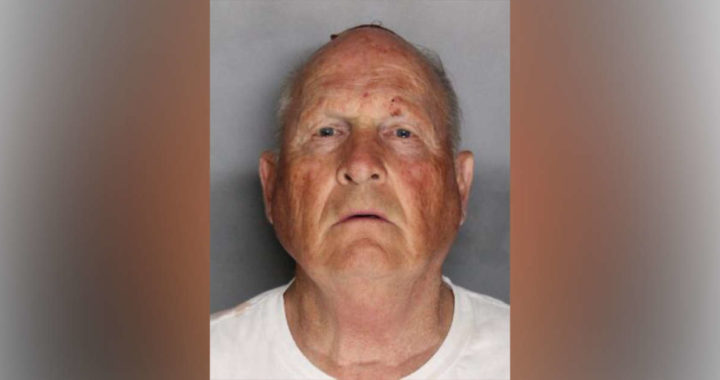One tweet from actress and fashion model Kim Kardashian-West has shined an international spotlight on the case of Stephon Clark, an unarmed man who was fatally shot by Sacramento police during an encounter two years ago.
Earlier this month, Kardashian-West tweeted about the March 2018 case to her 6.5 million followers on the social network, urging her fans to sign a petition demanding justice for the man’s killing.
On March 18, 2018 Stephon Clark was murdered by Sacramento police in his grandmother’s backyard. He was a father of 2 & shot over 20 times by the officers. Please sign this petition to demand justice for the family of Stephon Clark #JusticeForStephonClark https://t.co/LL6KMkENdK pic.twitter.com/lX0S5i2RK8
— Kim Kardashian West (@KimKardashian) July 10, 2020
“Kim Kardashian understands that the officers who killed my brother in my grandmother’s backyard while he was unarmed should be held accountable,” Stevante Clark, the brother of Stephon Clark, told CBS13 News in an interview.
Clark was shot as he fled from police officers who were investigating a report of a man looking into car windows. Police said they had reason to believe Clark was armed when he was shot; what was thought to be a firearm turned out to be Clark’s cell phone.
Last March, Sacramento District Attorney Anne Marie Schubert declined to file charges against the two officers connected to the shooting.
In an interview with FOX40 News in May, Sacramento defense attorney Mark Reichel said county prosecutors rarely charge police officers because their positions are elected and cases brought against police officers can be difficult to win.
“It’s better [for county prosecutors] to not bring it than to lose a high-profile case and, obviously, officer-involved killings are always high-profile,” Mark said.
More than a year later, police shootings of unarmed men — particularly those who are Black — have captured the attention of a nation. Following the death of George Floyd, an unarmed Black man who was killed by a police officer in Minneapolis, police accountability has become a rallying cry in large cities and small towns across the United States.
It has also led some activists and celebrities, like Kardashian-West, to ask for justice in cases with a copious amount of unfinished business.
“I think Kim Kardashian’s involvement will help this substantially,” Mark told CBS13 News in an interview. “I think this is a major platform. Stephon Clark’s murder is well known around American anyways and when you add Kim Kardashian to that, that platform is spread out far and wide.”
Mark said if voters choose a different district attorney in the next election, that prosecutor could elect to bring charges against the two officers. Federal officials could also bring charges, Mark explained, because “there is actually no double jeopardy between the state and the federal government.”







